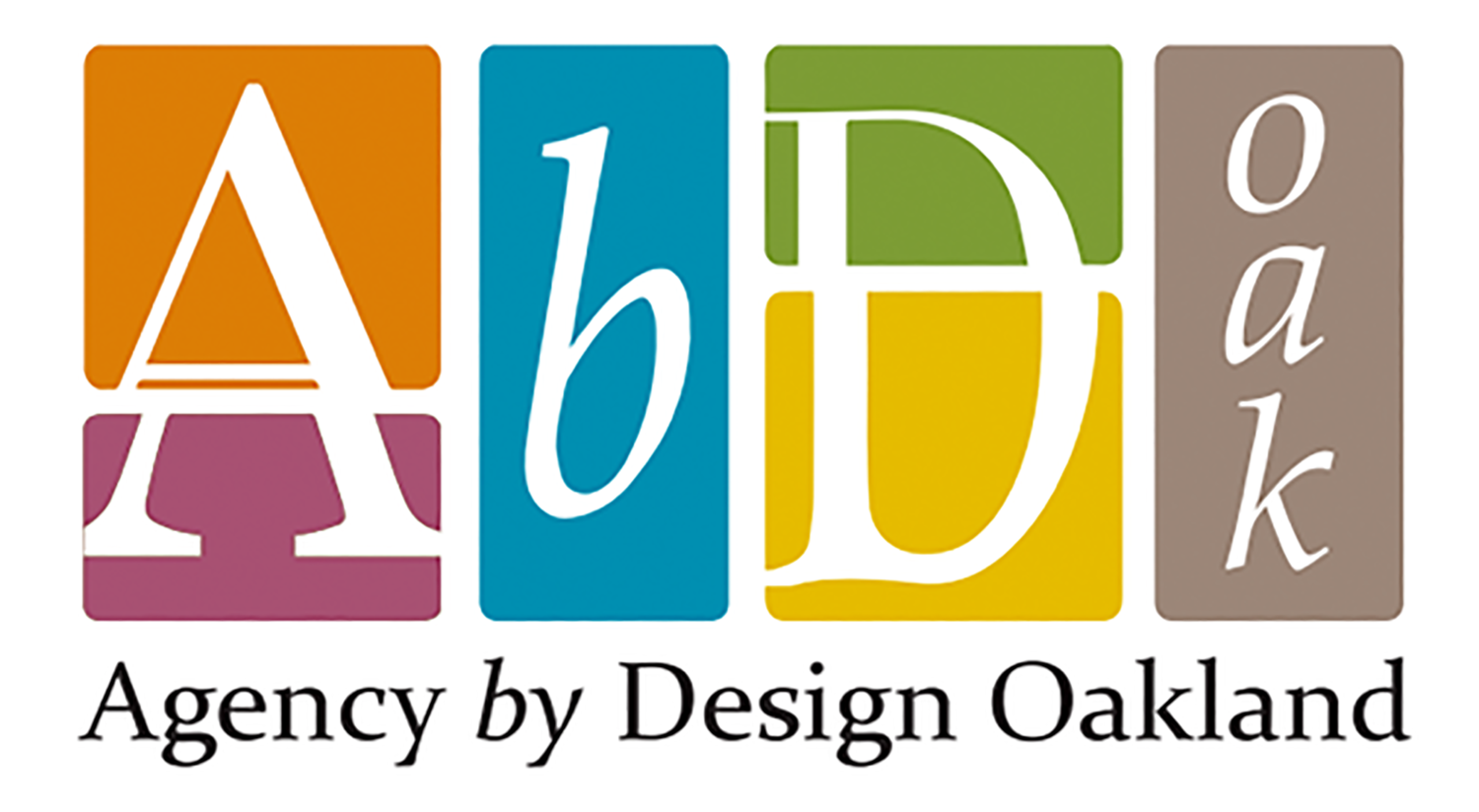A Maker Mindset Identity
A Picture of Practice by Agency by Design Oakland 2017-2018 Teacher Fellow Lillian Ortiz
Lillian Ortiz is the Making/Arts/Design Teacher at Lodestar, a Lighthouse Charter School in Oakland. Lillian participated in the Maker Identity inquiry group in this year's Agency by Design Oakland fellowship. Below she shares with us the core tenets of her classroom practice that develop students' mindsets and identities.
Just as traditions and ethnic cultures bring rightness and meaning to our lives, an education that offers opportunities to develop a maker-mindset and practice can solidify a student's relationship between making meaning and applying oneself towards achieving a goal. Making meaning (at the most profound human level) is where purpose and values take form, and the development of personal responsibility is where focus and productivity are practiced and sharpened. If you imagine a school environment where students are invited to engage in what matters most to them, developing this relationship between purpose and autonomy can bring enrichment, harmony, and happiness to the lives of every student at their schools, in their homes, and out into their communities. Add to it a creative process by which students can solve real-world-human-centered problems that reflect personal choice; the outcome is a maker-mindset identity.
The qualities of a Maker-Mindset includes tinkering, exploration, creativity and discovery — all of which can happen anytime a student is faced with a problem. The problem can be about solving something simple (e.g. drawing what’s in your imagination or telling a story) or complex (e.g. designing an ecosystem, redesigning your room or making a model of a robot). The value that they are creating something better is inherent in this problem-solving process; thereby catalyzing a student’s optimism and engagement!
The process can start out very abstract with ambiguous discoveries along the way. When a student engages abstract thinking and is not always certain what the process might reveal next, they are strengthening their intuition muscles and capacity for intellectual and emotional expansion. Did you know intuition is a skill? Of course, there are analytical ways to find out if you are moving in the right direction if you pay close attention and notice changes in patterns.
A student may create different versions of an idea — iterate and innovate — by asking more questions. During this process, a student may also master tools and strategies while developing a point-of-view. A Maker-Mindset is a creative process that expands intelligence, deepens connections and promotes a love for life and learning! Creativity is a human learning process that promotes critical thinking, collaboration, investigative skills, visual and oral skills and physical skills. From my perspective, when a student develops a Maker-Mindset they are cultivating their capacity for creativity and agency by sharing inspirations, appreciating beauty and diverse thought. In my classroom, we call this Maker-Mindset “Make, Break and Celebrate” where students create solutions to problems that matter most to them, create generative dialogue, deepen relationships with others and with themselves and build a better world.
As a teacher fellow with Agency by Design Oakland, I learned skills to add to my Design Educator toolbox and honed strategies that support students to develop their Maker-Mindset through collaboration with peers and the encouragement of
co-critique and co-inspiration.
"I lead with a 'making mindset.' I set up prompts to discover what students are curious about and what matters most to them. Once I learn about their interests and inquiries, the stage is set to identify themes, patterns and probe further into dialogue around their curiosities and ideas."
Lillian Ortiz
Making/Arts/Design Teacher, Lodestar, a Lighthouse Charter School, Oakland
Lillian Ortiz became interested in education when her child was born and she saw making as a natural inclination and ability within all of us. She leveraged her background in industrial design toward facilitating her child’s love of learning, discovery and agency through making. Lillian eventually found her way into her current role at Lodestar as the K-3 Making/Art/Design teacher. Lodestar serves the needs of English Language Development to support immigrant/refugee families and is also a microcosm of the beauty and challenges that stem from within the community. She believes that her community has learned that in order to be successful, they need to include learning needs that cultivate learning, empathy, understanding and connection across race and cultural difference.











